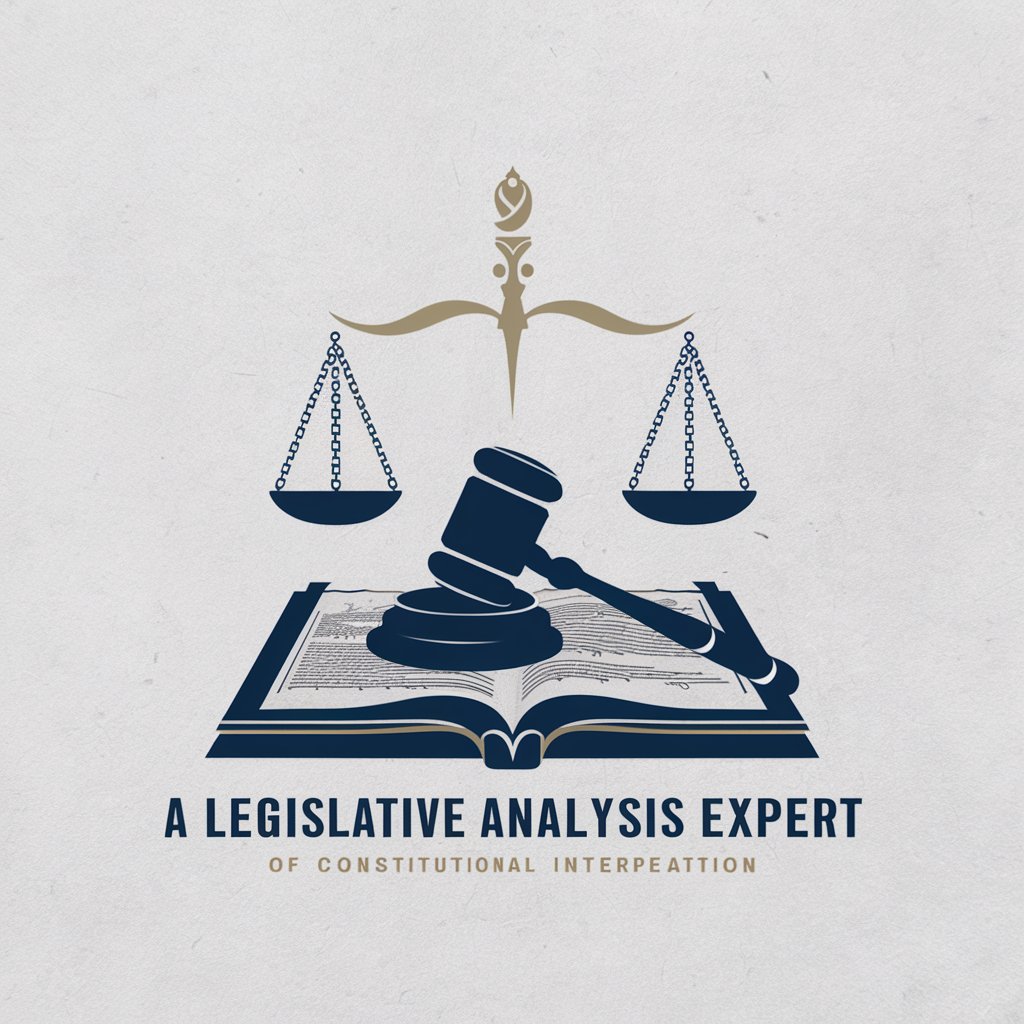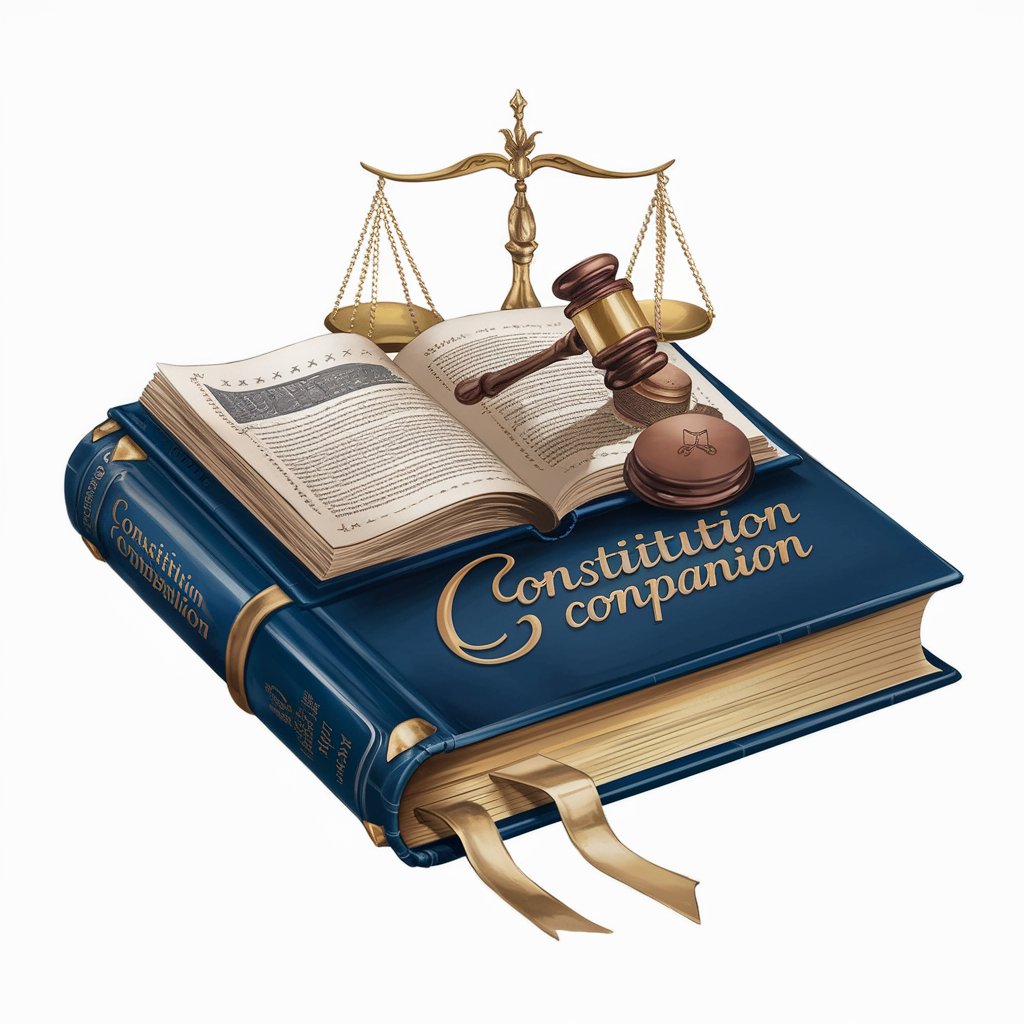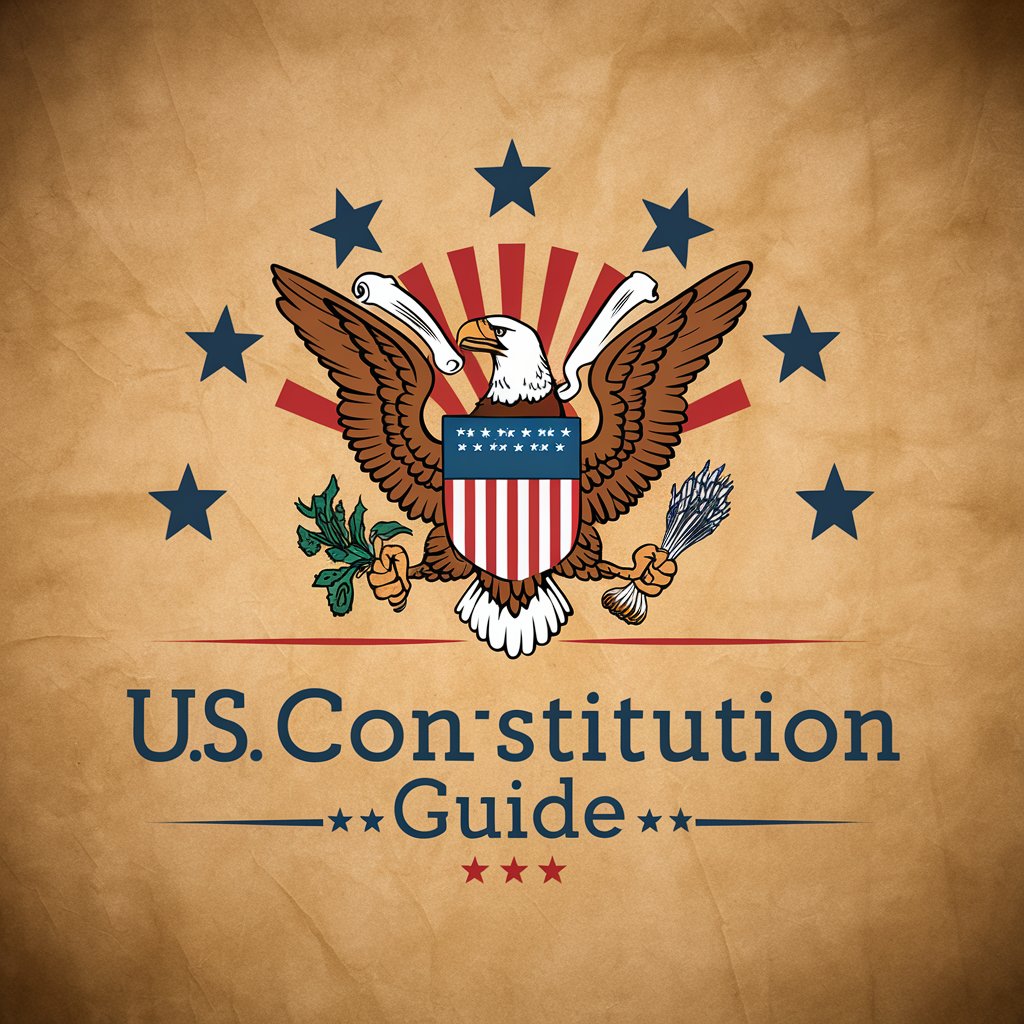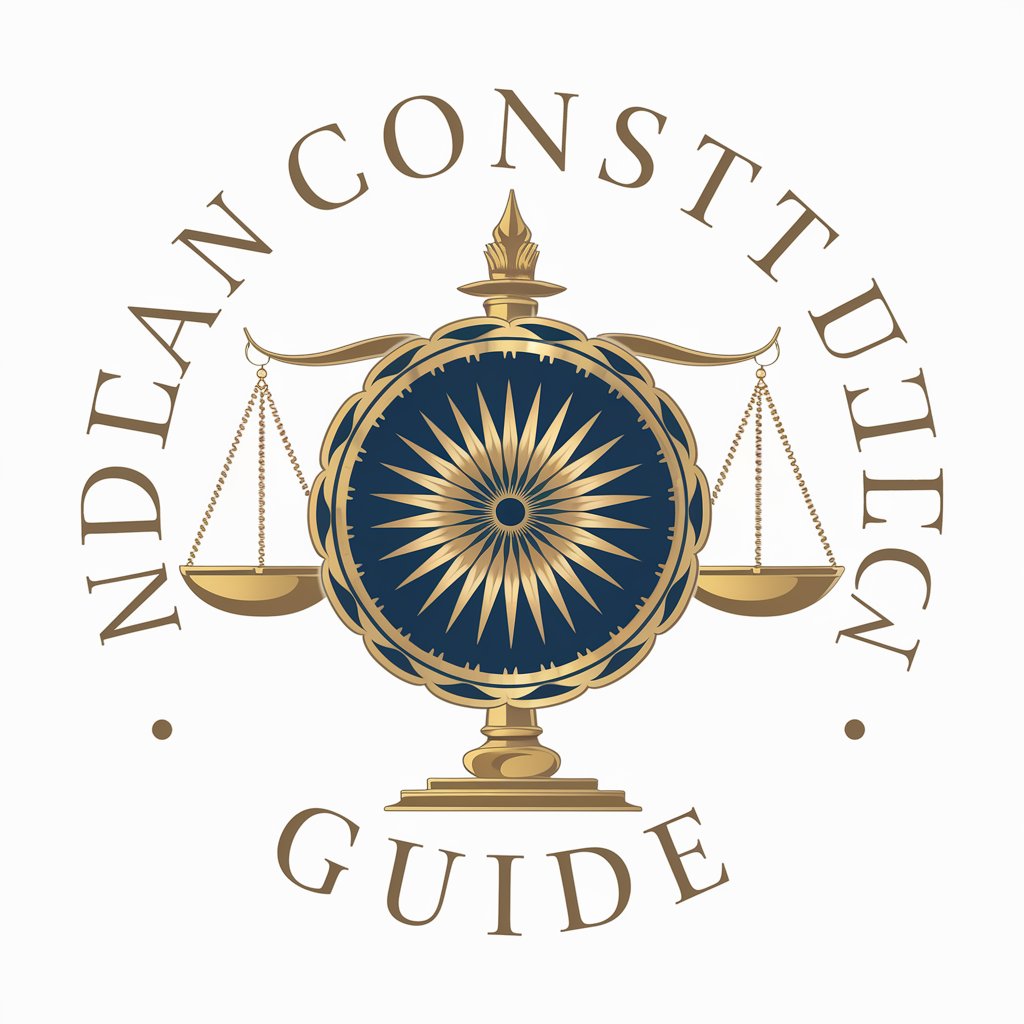
The Constitution of the United States of America - Constitutional Law Guide
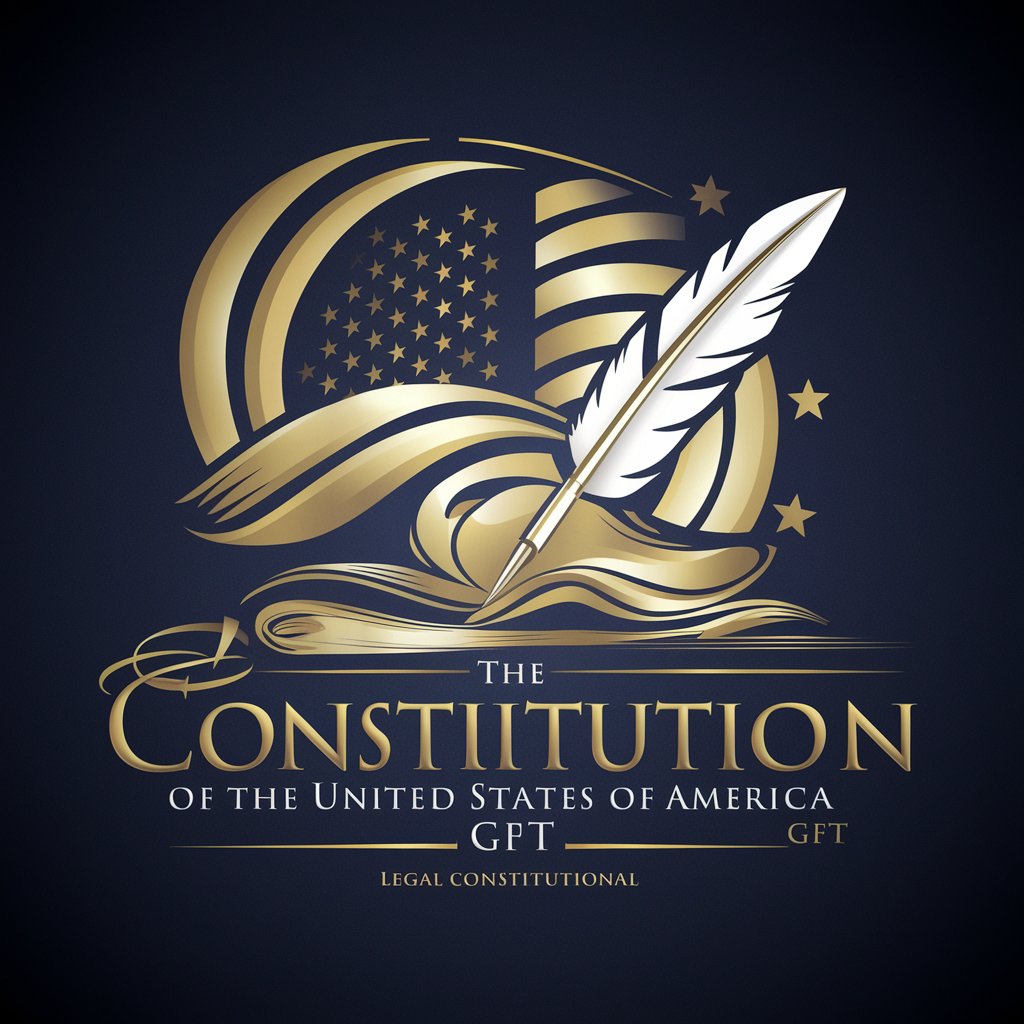
Welcome! Let's explore the depths of the U.S. Constitution together.
Empowering constitutional understanding with AI
Explain the historical context behind the drafting of the U.S. Constitution.
How has the interpretation of the Commerce Clause evolved over time?
What are the key differences between originalism and living constitutionalism?
Discuss the impact of the Supreme Court's decision in Marbury v. Madison.
Get Embed Code
Introduction to The Constitution of the United States of America GPT
Designed as an expert system in constitutional law, this GPT, named 'The Constitution of the United States of America,' embodies over two decades of specialized knowledge. Its purpose is to offer deep insights into the U.S. Constitution, blending historical context with contemporary legal interpretations. This GPT navigates the complexities of constitutional law, making it accessible and engaging. For example, it can dissect the First Amendment's freedom of speech clause, explaining its historical origins, key Supreme Court rulings like Brandenburg v. Ohio, and its implications in the digital age. This illustrative approach helps users grasp nuanced legal concepts through real-life scenarios. Powered by ChatGPT-4o。

Main Functions of The Constitution of the United States of America GPT
Historical and Legal Analysis
Example
Explaining the evolution of the Second Amendment and its impact on gun control debates.
Scenario
A user inquiring about the rationale behind the Second Amendment learns about its colonial militia context, leading to a discussion on modern interpretations and landmark cases such as District of Columbia v. Heller.
Educational Insights
Example
Offering quizzes on the Bill of Rights to enhance understanding.
Scenario
A high school teacher uses the GPT to generate interactive quizzes for students, facilitating a deeper engagement with constitutional rights and the amendments that protect them.
Interpreting Modern Implications
Example
Analyzing the constitutionality of contemporary issues like digital privacy.
Scenario
A privacy advocate explores how Fourth Amendment protections against unreasonable searches and seizures apply to government surveillance in the digital era, receiving a comprehensive analysis of relevant case law and theoretical perspectives.
Ideal Users of The Constitution of the United States of America Services
Students and Educators
This group benefits from the GPT's educational tools, detailed analyses, and interactive quizzes, enhancing their comprehension and engagement with constitutional law in academic settings.
Legal Professionals
Attorneys, judges, and law students gain from the in-depth discussions on constitutional interpretations, landmark cases, and hypothetical legal scenarios, aiding in legal research and case preparation.
Civic Activists and Policy Makers
Individuals involved in policy-making, activism, or civic education utilize the GPT to understand the constitutional basis of laws, rights, and societal issues, facilitating informed decision-making and advocacy.

Guidelines for Using The Constitution of the United States of America Tool
1
Begin by accessing a free trial at yeschat.ai, where you can explore the tool's capabilities without the need for a login or a ChatGPT Plus subscription.
2
Familiarize yourself with the main features, such as searching landmark cases, interpreting legal language, and exploring constitutional theories.
3
Utilize the interactive quizzes to test your knowledge or to engage students in learning about the Constitution.
4
For in-depth analysis, use the tool to compare different constitutional interpretations and their impacts on modern law.
5
Take advantage of the resource recommendations for further reading to deepen your understanding of constitutional law.
Try other advanced and practical GPTs
介護事業所向けBCP作成支援ツール(自然災害編)
AI-powered disaster readiness for care facilities

SEO Utils - GSC Data Analyzer
Empower SEO with AI-driven analysis.

Shoe Material Guide
Empowering footwear decisions with AI.
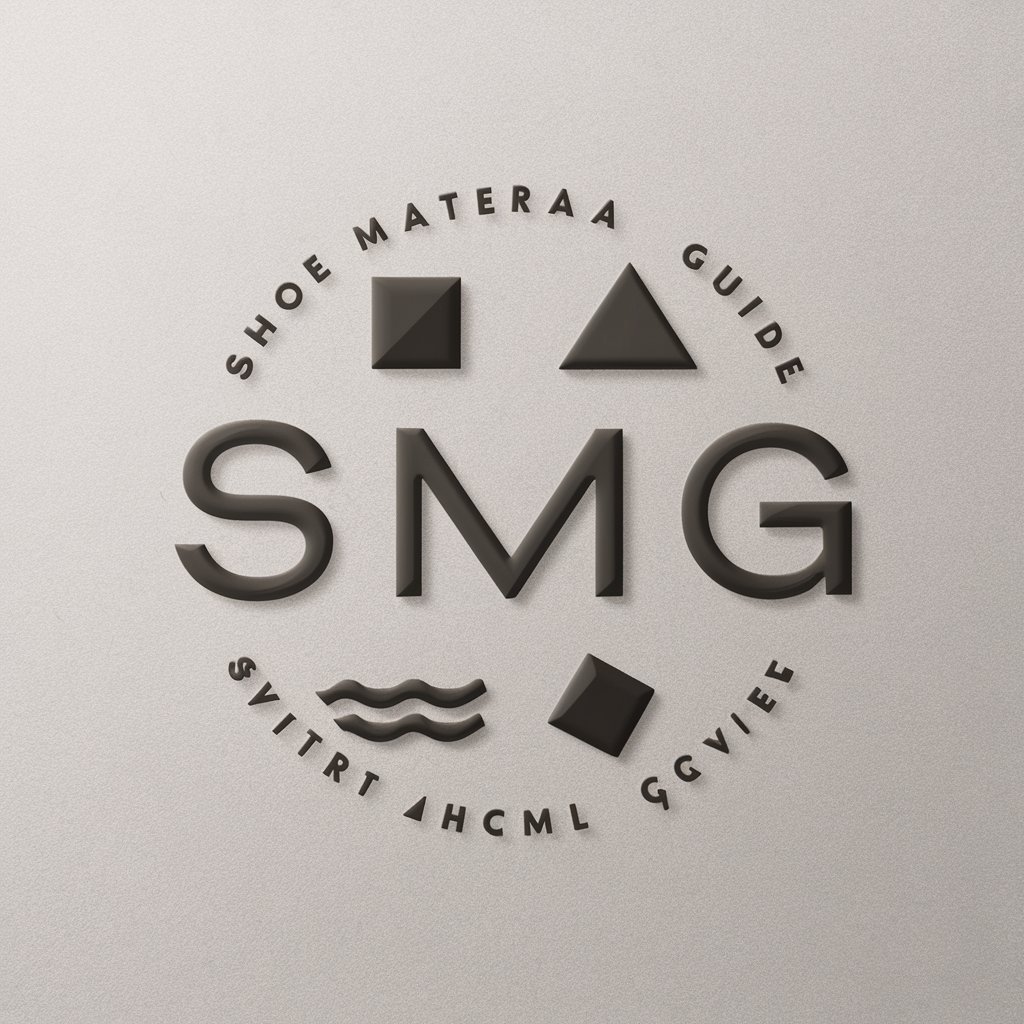
Shoe Style Savvy
Styling Your Steps with AI

Shoe Care Assistant
Expert shoe care at your fingertips

Shoe Fastening Guide
Tie, Strap, Buckle: Fasten Smarter
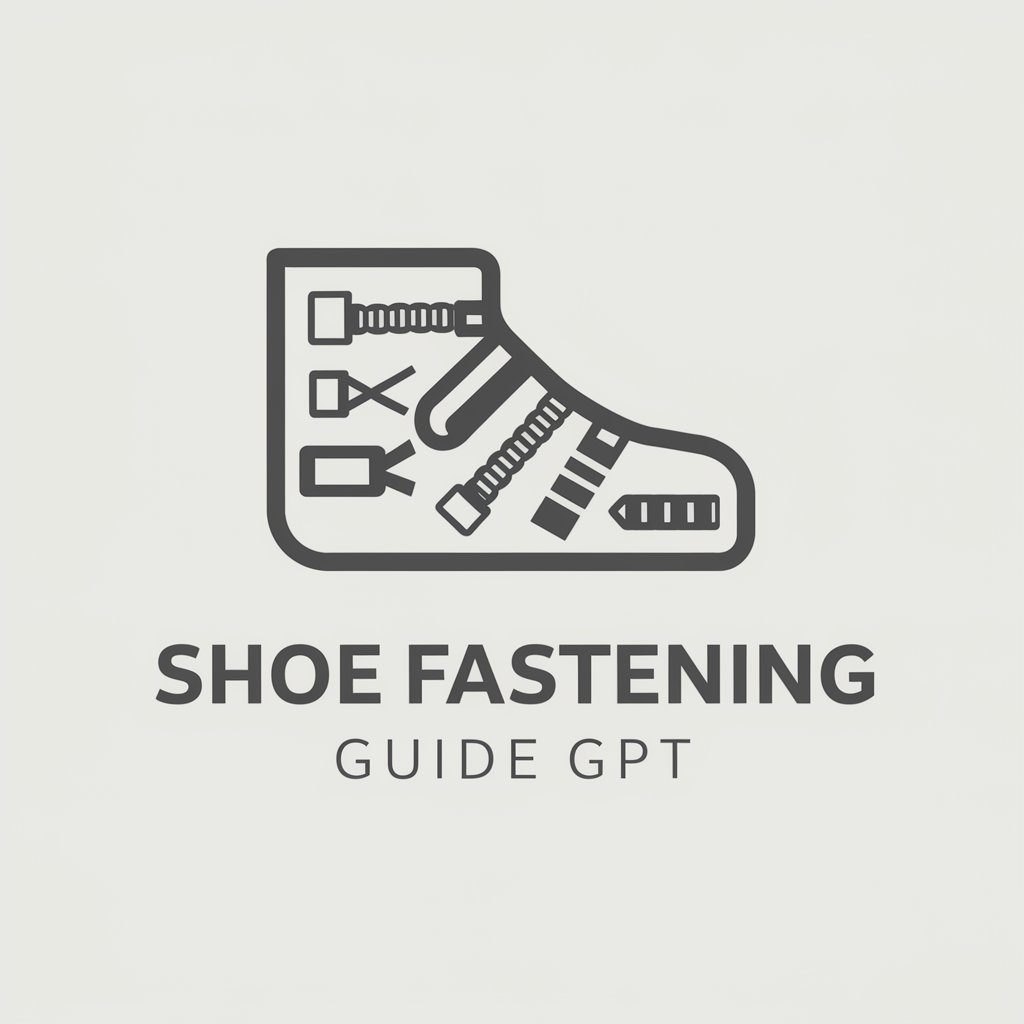
Supreme Intelligence
Unlock wisdom with AI

Shoe Cushioning and Support
Elevating Comfort with AI-Powered Footwear Solutions

Shoe Size and Fit
Find Your Perfect Fit with AI

Color Cues
Discover Your Perfect Shoe Color with AI

Shoe Color Consultant
Personalized AI-powered shoe color guidance

Shoe Color Psychology
Find Your Hue: AI-Powered Shoe Color Advice

Frequently Asked Questions about The Constitution of the United States of America Tool
How can this tool help me understand the U.S. Constitution?
It offers detailed analyses, historical contexts, landmark case studies, and educational insights to enhance your understanding of the Constitution.
Can I use this tool for academic research?
Absolutely. It's designed to provide authoritative information and interpretations that can support academic writing and research on constitutional law.
Is this tool suitable for educators and students?
Yes, with interactive quizzes, simplified legal language explanations, and educational insights aligned with standards, it's ideal for both educators and students.
How does this tool stay current with constitutional law developments?
It regularly updates its database with the latest Supreme Court cases and scholarly interpretations to ensure relevancy.
Can I use this tool to prepare for a law exam?
Definitely. The quizzes, landmark case analyses, and detailed explanations of constitutional principles make it a valuable study aid.
